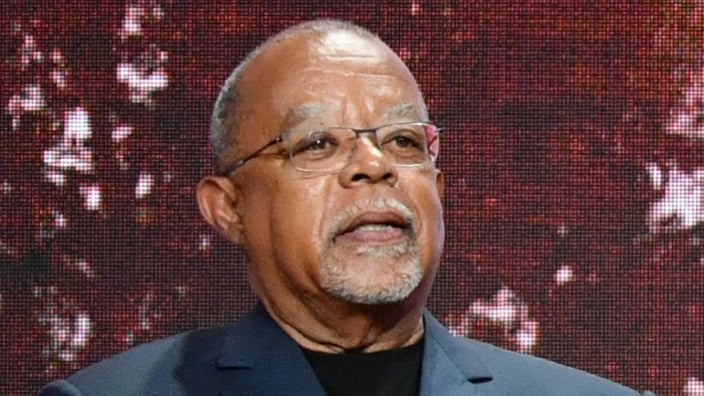We bring news that matters to your inbox, to help you stay informed and entertained.
Terms of Use and Privacy Policy Agreement
WELCOME TO THE FAMILY! Please check your email for confirmation from us.
OPINION: The Oxford Dictionary of African American English, which will be edited by noted historian Henry Louis Gates Jr., will tell the story of Black people in a new way.
Editor’s note: The following article is an op-ed, and the views expressed are the author’s own. Read more opinions on theGrio.
The everyday brilliance, artistry, creativity and ingenuity of Black folk are on display every time we talk. I love the way we create words, flip phrases and turn English into our own thing. I think about the beauty of Black English all the time but the reason why I’m pontificating about it today is that there’s going to be an Oxford Dictionary of African American English. It’s coming out in about three years, and I will be first in line to buy it.
It’s white supremacy that told you that AAVE (or Black English or Ebonics) was a lesser dialect and indicative of a lack of intelligence. It is absolutely not that. It’s an example of Black genius. It’s a rich and beautiful dialect that has its own internal logic and is easily understood by millions of people. It’s not meant to be understood by white people, so of course, they misunderstand it.
The beauty of an Oxford Dictionary focused on AAVE is that it will expand the scholarship on this important dialect of American English — it promises to be the most in-depth study of Black English ever conducted. This book will help further quantify the importance and academic value of Black English. A serious dictionary of Black English is a place where scholars now and in the future can seek to understand this aspect of Black culture. Black English has been a major source of words and phrases for the larger river of American English — for example, woke is a Black word that has been violently co-opted by the whites. I mean, the right.
AAVE or Black English is a space where many of us show our Black creativity. It’s not just the word “ain’t” or the habitual be, as in the way we love to throw in the word be. It’s words like copacetic, which my parents loved, and bootylicious, which Beyoncé popularized, and caucasity, which is one of my favorites. (It speaks to the audacity of entitled Caucasians.) The way we talk can have a linguistic flair that equals the greatness of our dancers, our singers and our rappers. It’s the preacher whose dynamic intonation lets you know you’re in a Black church. It’s the writers like James Baldwin or Toni Morrison whose rhythms feel so Black. It’s the rappers who crack words open and make them do things they’re not supposed to do. Well, they’re not supposed to do them technically, but Blacknically, it works. It’s in all of us.
Skip Gates is the project’s editor-in-chief and the director of Harvard University’s Hutchins Center for African and African American Research. Black folks grabbed American English and, “reinvented it, to make it reflect their sensibilities and to make it mirror their cultural selves,” Gates told the New York Times. There is so much of us in the story of our language that this dictionary will give definitions as well as an explanation of where the word came from and how it was popularized.
“You wouldn’t normally think of a dictionary as a way of telling the story of the evolution of the African-American people, but it is. If you sat down and read the dictionary, you’d get a history of the African-American people from A to Z,” Gates said.
I can envision myself reading this book from A to Z.
Touré is a host and Creative Director at theGrio. He is the host of the docuseries podcast “Being Black: The ’80s.” He is also the host of the podcast “Toure Show” and the podcast docuseries “Who Was Prince?” He is the author of eight books including the Prince biography Nothing Compares 2 U and the ebook The Ivy League Counterfeiter.
TheGrio is FREE on your TV via Apple TV, Amazon Fire, Roku, and Android TV. Please download theGrio mobile apps today!

